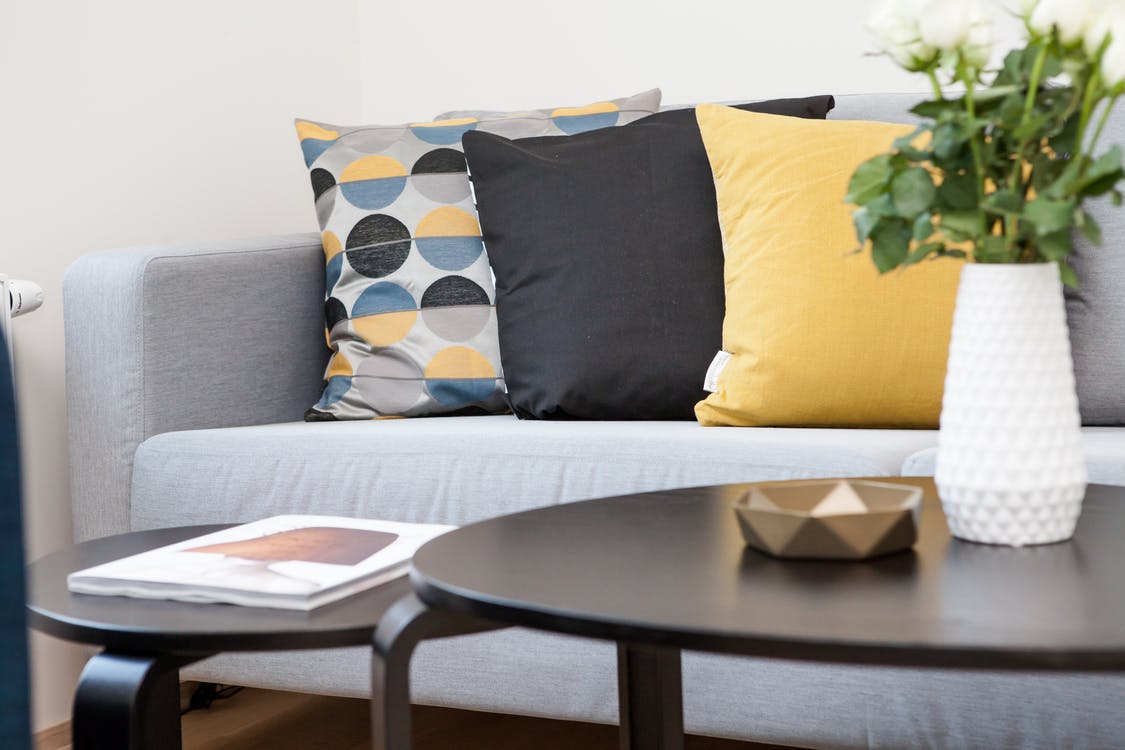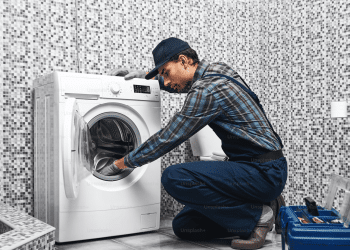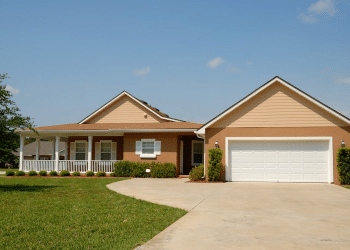Table of Contents
Some people buy houses knowing that they might need to make a few key improvements along the way. Others buy houses thinking they have just stumbled upon their ideal homes that can be left untouched.
Whatever the case, you should anticipate making certain improvements to your home over the journey. On average, U.S. households spent $8,305 on home improvements in 2020.
While some see additions and renovations as little more than an added cost, it’s important to also note all of the different advantages that come from making these types of changes. Here are four benefits of making home improvements.
1. Higher Home Value
Although you may be considering making changes to your home for your own immediate comfort, it’s important to take a big-picture look at what that might mean for the future value of your home.
Unless you plan to spend the rest of your life in your current home, there will come a time when you put it up on the market to be sold.
While you might not be ready to move just yet, keep the potential selling price of your home in mind. All of the additions, renovations, and general improvements you make to your home over the years—as long as they add to your home and don’t subtract from it—should pay off in a big way.
After your latest appraisal, you should have a decent idea of what your home could sell for; and if your realtor is working hard enough, you should be able to get a significant return on your investment.
Not only do you get to enjoy your home and its many improvements during the years in which you occupy the house but you’ll also get to sell those same features to another buyer at a higher overall price!
2. Increased Curb Appeal
Long before you plan to move out of your home, you’ll get to reap many benefits as the current owner. Increased curb appeal is one of them.
Particularly if you’ve made a sizable addition or noticeable change to your home’s exterior, this is something that your neighbors are going to notice and even admire.
But not only that—simply improving the outward appearance of your home can bring you a sense of pride and joy every time you pull into your driveway.
3. Fewer Breakdowns
Home improvement projects should be seen as not only aesthetic changes but also as preventative maintenance. Everything breaks down over time, and your home and its many elements are no exception.
Over 80% of the nation’s homes are more than 20 years old, and over 40% of them are more than 50 years old. This means that the majority of houses are in need of repairs, renovations, and other home improvement projects.
By repairing or replacing some of your home’s more outdated components, you restore them and avoid complete system failures down the road. Although you’re spending money sooner to maintain these components, you’re potentially saving a ton of money in the long run.
4. Greater Energy Efficiency
While home improvements are often seen as added costs, the reality is that many of these types of changes could end up saving you a fortune on energy costs. Yes, you’ll pay a lump sum for a project upfront, but also you’ll enjoy savings for years to come.
Tired of getting that sky-high energy bill month after month? It’s estimated that roughly 10% – 20% of the average American’s annual energy costs are due to waste from drafts, openings, air leaks, and outdated systems.
Consider taking on projects that improve your home’s insulation—new siding or new windows, for example. You might also be able to limit your energy usage and costs by installing solar panels.
Enormous savings aside, you’ll also have a clearer conscience knowing that you’re doing your part to conserve energy and limit the carbon footprint produced by your home. Plus, with better temperature regulation, your home will quickly become a more comfortable place to live!
5. More Space
One of the biggest reasons for home improvement projects is the need for more space.
While your house might have been the perfect size when you first moved in, families grow. You may very well have added a few children or pets since you first bought your house!
If your home is starting to feel a little crowded, you might want to consider making additions, knocking down walls, or finding other creative ways to make your home a more spacious one.
More often than not, a more spacious home is a more comfortable, less stressful place to live.








